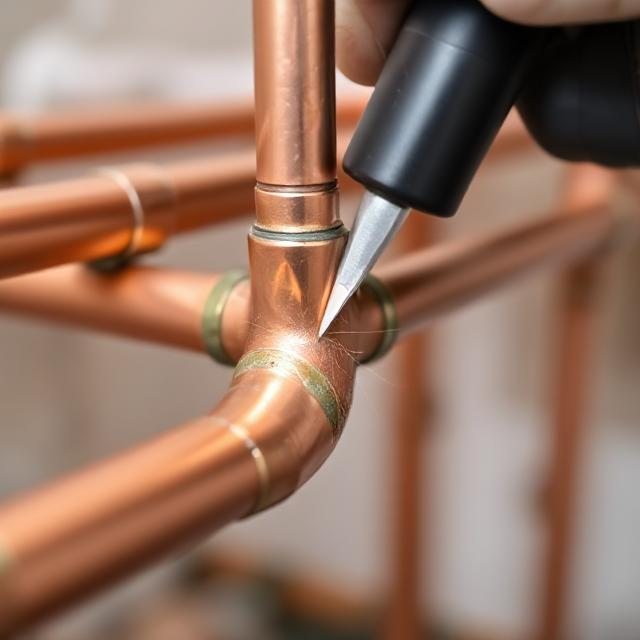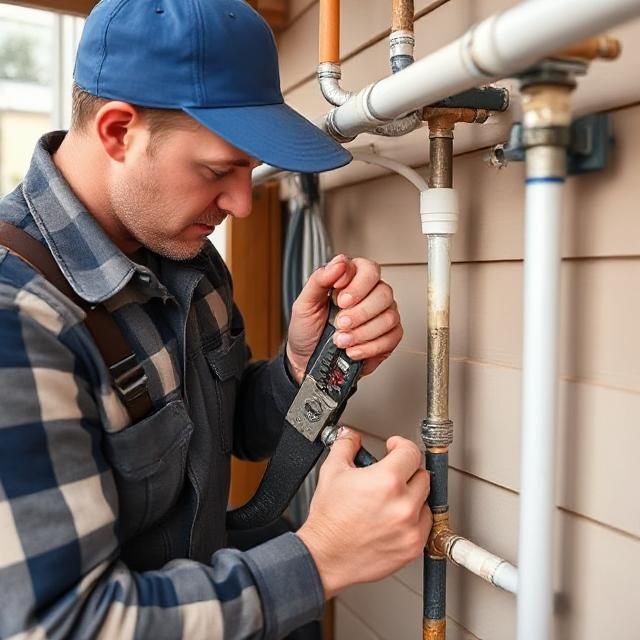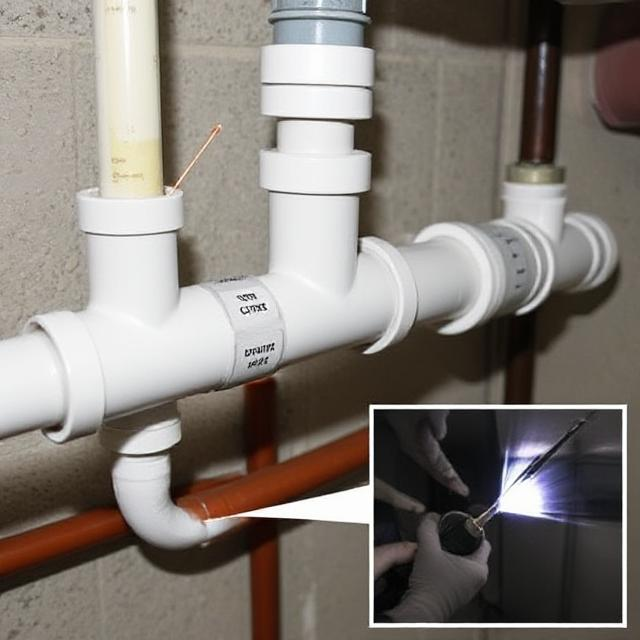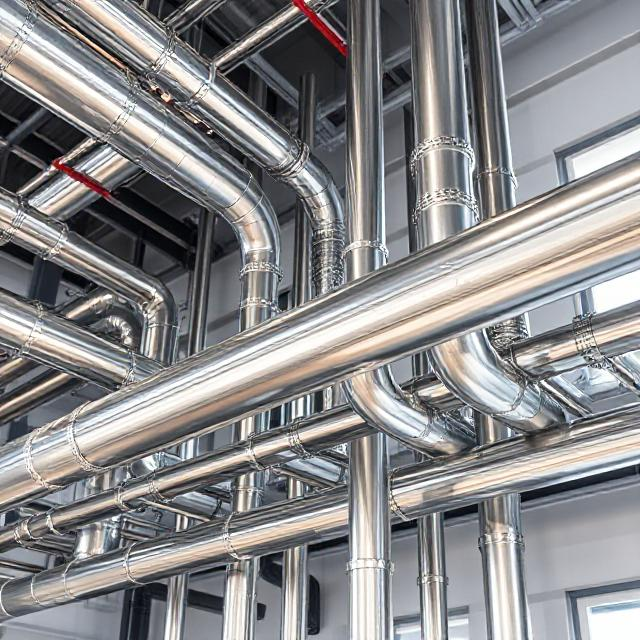
When it comes to plumbing, choosing the right pipe for hot water supply is crucial. The wrong choice can lead to leaks, inefficiency, or even damage to your plumbing system. If you’ve ever wondered **which pipe is used for hot water supply**, this guide will provide you with all the answers. From material comparisons to expert recommendations, we’ll help you make an informed decision to ensure durability, efficiency, and safety in your hot water system.
Hot water systems operate under high temperatures and pressure, which can cause certain pipe materials to degrade over time. Using the wrong pipe can lead to leaks, corrosion, or even burst pipes, resulting in costly repairs. Ignoring this issue can lead to frequent plumbing failures, higher energy bills due to heat loss, and even health risks from contaminated water. Additionally, some materials may not comply with local building codes, leading to legal and safety concerns. By selecting the right pipe material for your hot water supply, you can ensure a durable, efficient, and safe plumbing system. In this guide, we’ll explore the best options and provide actionable tips to help you make the right choice.
When it comes to hot water supply, not all pipes are created equal. Below are the most commonly used pipe materials, along with their pros and cons.

Copper pipes have been a popular choice for decades due to their durability and heat resistance.
Best For: Homes with high water temperatures and those looking for a long-term solution.
PEX (cross-linked polyethylene) pipes are a modern alternative that has gained popularity for their flexibility and affordability.
Best For: Budget-conscious homeowners and DIY installations.


Chlorinated polyvinyl chloride (CPVC) pipes are a plastic alternative specifically designed for hot water systems.
Best For: Homes in warmer climates with moderate hot water needs.

Stainless steel pipes are a premium option known for their strength and resistance to corrosion.
Best For: High-end homes or commercial buildings with demanding hot water systems.
Selecting the right pipe depends on several factors, including your budget, water usage, and local building codes. Here’s a step-by-step guide to help you decide:
Copper and PEX pipes are the most popular choices for residential hot water systems. Copper is durable and long-lasting, while PEX is affordable and easy to install.
No, standard PVC pipes are not designed to handle high temperatures. CPVC pipes, however, are specifically made for hot water systems.
Yes, PEX pipes are designed to handle hot water and are a cost-effective alternative to copper.
Stainless steel is the most durable option, followed closely by copper.
Choosing the right pipe for your hot water supply is essential for a safe, efficient, and long-lasting plumbing system. Whether you opt for the durability of copper, the affordability of PEX, or the strength of stainless steel, each material has its unique benefits. By considering your budget, water usage, and local building codes, you can make an informed decision that meets your needs.
For more expert advice on plumbing and water systems, visit Dave Pools. Let us help you build a reliable and efficient hot water system for your home or business!